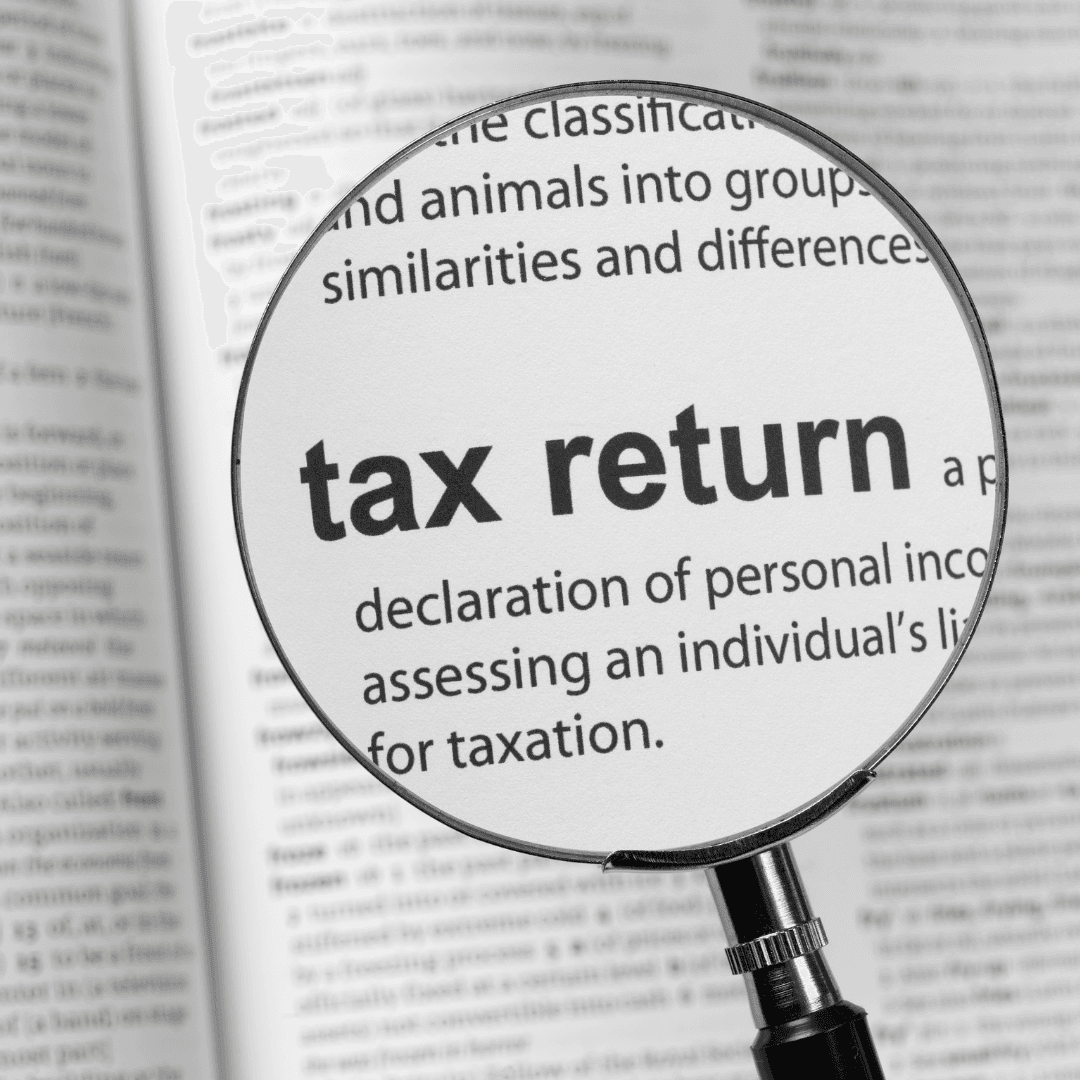If you need to file a Self Assessment tax return for 2022/23, you have until midnight on 31 January 2024 in which to do this, as long as you file online. However, HMRC have been encouraging taxpayers to file their tax return early. Is this worthwhile and what are the benefits?
Due a tax refund?
If you think you might have paid too much tax in 2022/23, filing your tax return early will enable you to claim a refund sooner – you do not need to wait until January 2024. The money is arguably better in your bank account than in HMRC’s.
Better budgeting
Filing your tax return early will help you budget, and if you have tax to pay, give you more time to put funds aside to meet your tax bill. If your tax and Class 4 National Insurance bill for 2022/23 is more than £1,000, unless 80% of it is deducted at source, for example under PAYE, you will need to make payments on account for 2023/24. The first payment on account for 2023/24 is due by 31 January 2024, along with any balance remaining due for 2022/23 and any Class 2 National Insurance for that year. The second payment on account for 2023/24 is due by 31 July 2024. Each payment is 50% of your 2022/23 tax and Class 4 National Insurance liability.
Struggling to pay?
By filing your tax return early, you will know in advance what you owe. If you know you will struggle to meet your tax bills, you can set up a Time to Pay agreement to allow you to pay your bill in manageable instalments. You may be able to do this online.
Easier access to help
Although HMRC closed their Self Assessment helpline during the summer, it reopened on 4 September. HMRC helplines become very busy during January as the deadline approaches. Filing your return early will make it easier to access help from HMRC if you need it.
Peace of mind
Filing your tax return early will give you the peace of mind that comes from knowing that the job has been done. It also means that you won’t risk a late filing fee of £100 for missing the filing deadline.

